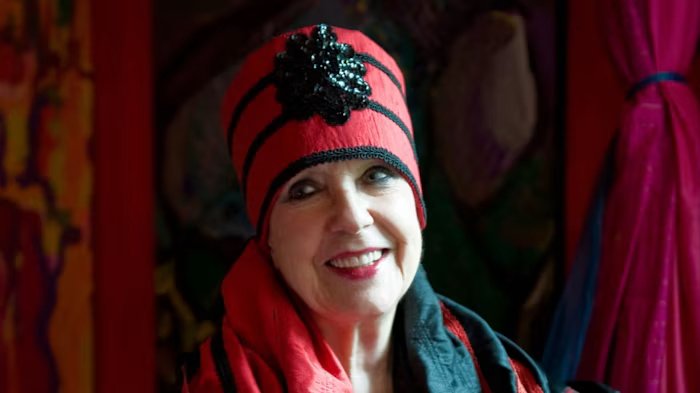No one likes losing money. But making losses is a perennial risk of being an investor. There are shades of loss, though. Your average ISA investor rarely faces complete financial ruin, but even double-digit losses can cause severe financial and psychological discomfort.
I’ve been investing for around 20 years and made some bad decisions (buying Royal Bank of Scotland in 2008 and the Deliveroo IPO in 2021). Each has provoked an “ouch” reaction and some regret and some soul-searching (“maybe I’m not cut out for this”, “how can I write about investing if I’m so bad at it?”). On the flipside I’ve had funds go up 100%.
Though there are inevitable behavioural factors at play (of which more later), I ascribe both misfortune and success to good and bad timing more than any particular acuity or weakness. From hard experience, single stock investing now seems riskier to me than collective funds – but I had a lucky escape with Woodford Equity Income and a Russian fund I sold before 2022. So I am well aware of manager and fund risk too. It’s normal to remember bad outcomes above the bullets missed.
Bad Tips
Advisers and money hacks will relate. At social gatherings, family members will ask me what they should buy. From a regulatory point of view, participating in that kind of conversation is really iffy. I hold a diploma from the Chartered Institute for Securities & Investment that says “investment advice” on it. But you can’t rely on a certificate. I feel bad enough when my own decisions backfire. It makes me wary of giving my loved ones money help. “Much bad advice is given free,” Benjamin Graham said in The Intelligent Investor.
Moreover, I don’t like national newspaper or TikTok crypto “tips” either. It feels like there’s no moral hazard for getting a “buy” recommendation wrong. I’m not sure financial advisers have a better predictive record than educated amateurs. But they are better at steering investors away from the rocks. Certain pages actively steer people towards them.
Which brings me clunkily around to crypto. Bitcoin mania gave me a nice refresher on the risks I really don’t like: being scammed and losing money. These perils feel like risk squared to me – losing all my money is one thing. Losing all my money to a scammer is a new level of pain. It’s way worse than losing some of my money to a bad fund manager.
I first became “crypto-aware” when it would have been a lucrative time to dip a toe in the water, when Bitcoin was still in double figures. I didn’t understand how it worked from a technological point of view and how to invest in it. Naturally the ease of investing has increased along with the price. But at the time (2010-ish) there was a buzz among my younger and tech-savvier colleagues.
My natural risk aversion meant that opportunity sailed away. I watched the 2020 and 2021 rallies with dismay. When Bitcoin cratered and FTX imploded, I finally felt the Schadenfreude. I was right! But my very sluggish trader instinct made me wonder whether Bitcoin had been oversold in late 2022. Naturally I didn’t act on that, and missed out on this year’s rally. Swings and roundabouts.
For various reasons I still don’t 100% trust crypto exchanges to look after my money as carefully as a regulated investment platform; I wrote about that aspect of the boom in terms of “custody” last year. The FTX trial will no doubt lay bare whether carelessness intersected with fraud, but, regardless of the legal outcome, it seems unlikely trust levels will increase. My experience of numerous financial crises has reinforced just how fragile trust can be.
Sleepless Nights
But back to the behaviour. Missing out on the crypto boom gave me an insight into my own investing behaviour, which is a mixture of inertia and analysis paralysis. I may see an an early opportunity but I very rarely act on it – but over time this has probably saved me from a few disasters. As an anti-insomnia technique, I tend to list my best five and worst five investments since 2000.
This usually works. On a sleepless night, I extend the list to “five disasters I’ve avoided by doing nothing or changing my mind”. These include the overpriced house in 2021 that needed too much work, various IPOs, and some dubious schemes presented to me by acquintances. I’ve saved myself a lot of heartache by being too cautious; and missed out on plenty of lucrative opportunities too.
That’s why I like the crypto “cooling off” period the Financial Conduct Authority is introducing. The regulator accepts that whatever warnings it makes, people will still want to dabble. App-based trading and investing is no different from gambling in terms of allowing instant decision making. But decisions made on a whim are rarely ones we can live with for very long. So my own take on risk is: first, do nothing. If you do something, be prepared to change your mind.






